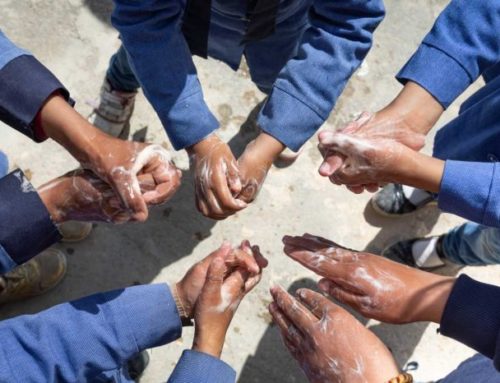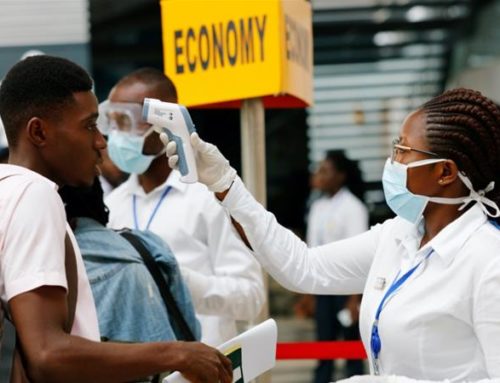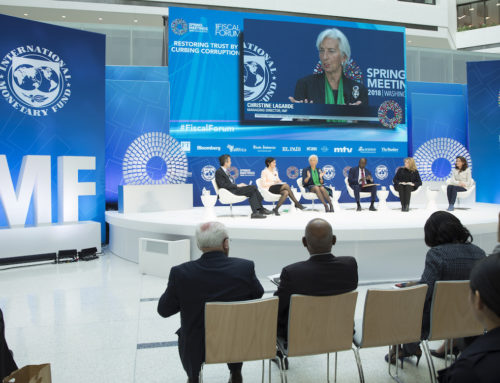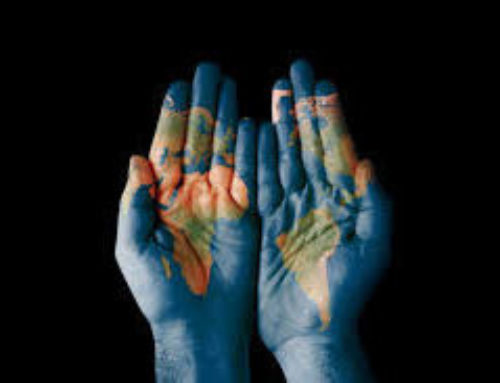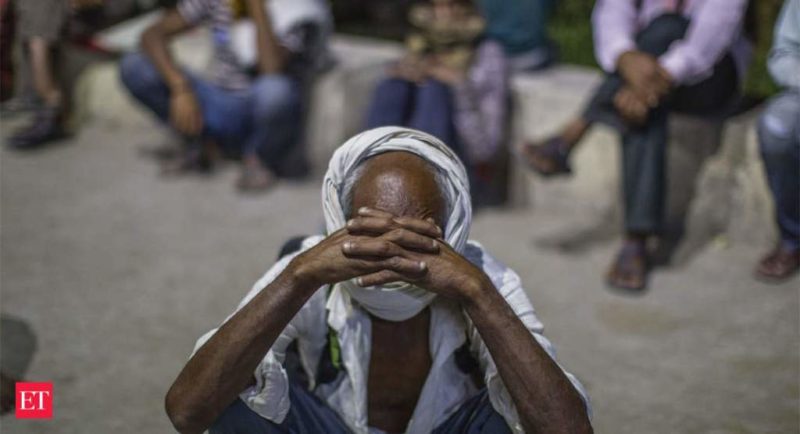
(PC: ET)
Currently, a number of countries have imposed total lockdown in the bid to halt the spread of COVID-19. A category of citizens who are well off have resorted to packing their stocks with all kinds of goods; but little do we bother to know the plight of the least fortunate of our neighborhoods.
With the above, it is maybe right to affirm that our moral standards are currently receiving their greatest test of responsibility and brotherhood towards the poor and the vulnerable. The call for a faith that does justice to the wretched of the earth is more pressing today than ever before. These are times we should prove that the poor always have a place in our imagination and planning; we should also embrace these times as opportunities of offering hope to the hopeless, and to those whose dignity is at stake. The distinctive mark of a people’s centered society is the faculty of its members to be present at these frontiers created by Covid-19 and to act selflessly in giving a helping hand in whichever way possible.
In the book of the Acts of the Apostles, we are reminded that the first Christians were united in faith and prayer and that they shared everything in common to the extent that those who had properties would sell them and share the dividends according to each one’s need (Act 2:44-45). The COVID-19 has stripped humanity of its long praised achievements and self-aggrandizements and revealed to us that in the end, rich or poor, Christian or non-Christian, we are all vulnerable and powerless before death. Instead of trusting in our powers of having and doing, we need to invest in that which makes all of us rich in being and humane.
The preferential option for the poor and vulnerable in the time of COVID-19 implies that we should open our hearts to our neighbor, and open our doors to the homeless, that we put aside a plate for the hungry, and touch in our wallets to reach out to the destitute. It is a risk that may expose us or strip us of what constitute our material security; but such attitudes are worthwhile as they help us stay grounded and faithful to the fundamentals of our common humanity.
COVID-19 has made us aware of our common vulnerability and it is delusional to think that we can survive while acting in solo. While some of us may think in terms of “sauve qui peut” and leave to perish those who are unlikely to defend themselves; it is imperative that we respond to the call of universal solidarity by making the underprivileged our actual center of attention.
Fr. Felix Barutwanayo, SJ







